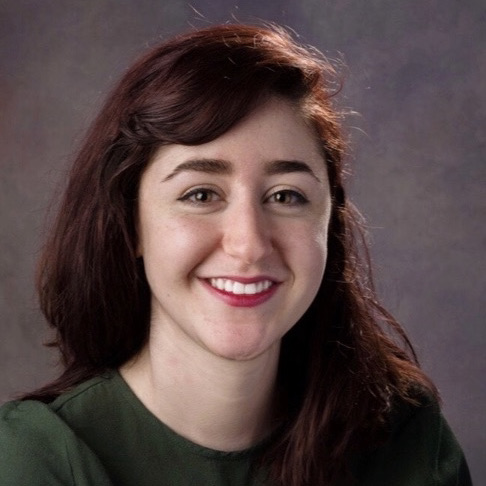Sarah Altman

The evolution of organelles is a fundamental milestone in the evolution of complex life forms. Based on the endosymbiotic theory, eukaryotic organelles, like mitochondria and chloroplasts, are proposed to have originated and evolved from bacterial endosymbionts during an early stage of evolution. There is still minimal understanding (if any) of how bacterial endosymbionts evolved and transformed into organelles. Several features are proposed to be central to both mitochondrial and chloroplast evolution, including endosymbiont genome minimization, protein trafficking between the host/endosymbiont, and replication control of the endosymbiont among others. This makes engineering cyanobacterial endosymbionts an attractive model to study chloroplast evolution, as the lessons learned from such experimental investigations could have direct evolutionary implications. I aim to recapitulate genome minimization events that could have occurred during chloroplast evolution; particularly, I will engineer an S. elongatus endosymbiont that is auxotrophic for specific and/or multiple amino acids and I will test the ability of the engineered auxotroph(s) to form endosymbionts with S. cerevisiae.
